Tehran, June 23 (V7N) – Nearly 500 people have been killed in Iran following a series of Israeli airstrikes that began on June 13, according to Iranian state media reports cited by the BBC on Monday. The Iranian Ministry of Health, via a statement broadcast on state television, reported that the death toll continues to rise amid ongoing bombardments across several provinces.
The strikes have reportedly targeted military infrastructure, government facilities, and key logistical networks, leading to what Tehran has described as a "blatant act of war" and "aggression against the sovereignty of the Islamic Republic." In addition to the nearly 500 confirmed fatalities, hundreds more have been injured, many critically, with hospitals in Tehran, Isfahan, and Shiraz stretched beyond capacity.
Background and Context
Tensions between Israel and Iran have been simmering for decades, primarily centered around Iran's nuclear program, its support for regional proxy groups (including Hezbollah in Lebanon and various factions in Syria and Iraq), and its calls for the dismantling of the Israeli state. Over the past few years, Israel has acknowledged carrying out numerous covert operations and cyberattacks inside Iran, but this latest escalation marks a sharp departure — involving direct, large-scale military strikes on Iranian soil.
While the Israeli government has not officially confirmed its involvement in the latest round of attacks, several senior Israeli defense analysts speaking off the record to Western media have pointed to “preemptive security actions” taken in response to what Tel Aviv alleges was an imminent Iranian plan to mobilize missile units near Israel's borders via its proxies.
Humanitarian Toll and Domestic Response
The Iranian government has declared a state of emergency in several provinces, and the Iranian Red Crescent has issued urgent international appeals for medical aid and humanitarian relief. Civil defense units have been mobilized, and citizens have been urged to remain indoors or seek shelter in designated bunkers in areas at risk of further strikes.
President Ebrahim Raisi, in a televised address on Sunday, accused Israel of committing “war crimes” and vowed a “firm and coordinated response.” Supreme Leader Ayatollah Ali Khamenei echoed this sentiment, stating that “the blood of the martyrs will not be shed in vain.”
The country's internal security apparatus has also been placed on high alert, amid growing fears of cyberattacks and sabotage operations aimed at destabilizing government institutions from within.
International Reaction
The United Nations Secretary-General António Guterres has called for an immediate cessation of hostilities and warned that the conflict risks spiraling into a broader regional war. The European Union and several non-aligned countries have condemned the attacks, urging both sides to seek diplomatic resolution and avoid further civilian suffering.
In contrast, the United States has maintained a cautious stance. While reaffirming Israel’s right to self-defense, a spokesperson for the U.S. State Department said Washington is “deeply concerned about the loss of civilian life in Iran” and is monitoring the situation closely.
Russia and China, both key allies of Tehran, have condemned the strikes and called for an emergency session of the UN Security Council to address the matter.
Geopolitical Implications
The ongoing escalation has triggered alarms across the Middle East, with neighboring countries like Iraq, Turkey, and Pakistan reinforcing border security and preparing for potential refugee inflows. Energy markets have also reacted sharply, with global oil prices spiking amid fears of disruption in the Strait of Hormuz, a critical maritime chokepoint through which nearly one-third of the world’s oil passes.
Security experts warn that if the current trajectory continues, the situation could ignite a wider regional conflict, potentially drawing in Lebanon, Syria, and even Gulf states, many of which are U.S. allies and host American military bases.
Conclusion
As of now, there is no sign of a ceasefire or de-escalation. The international community is watching closely, hoping for diplomatic intervention before the conflict spirals further out of control. The human cost, already staggering, may yet be just the beginning of a much larger crisis in a region already marked by volatility and fragile alliances.
END/WD/AJ/



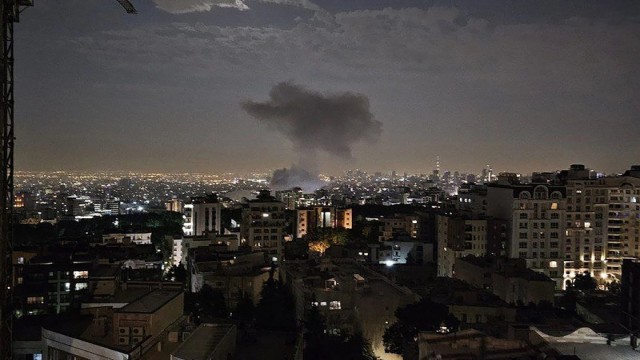

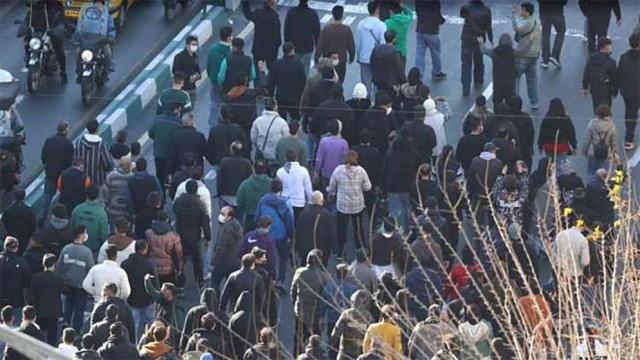
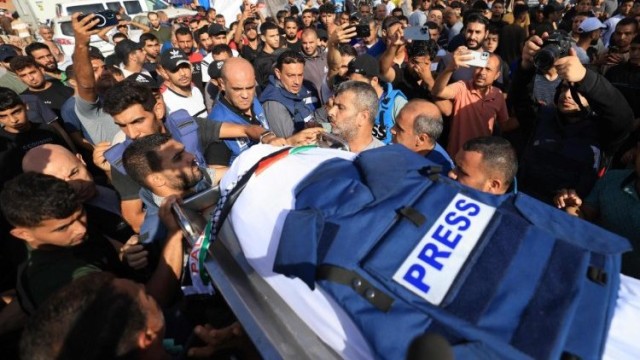




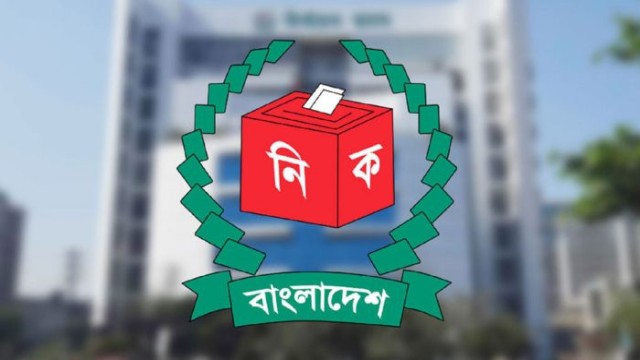
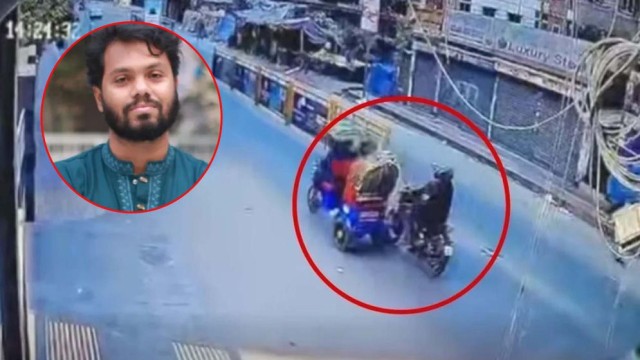
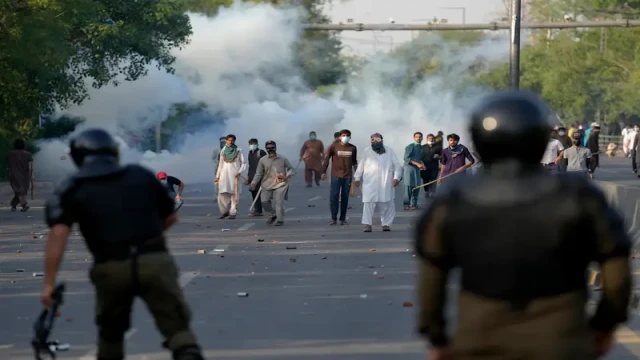






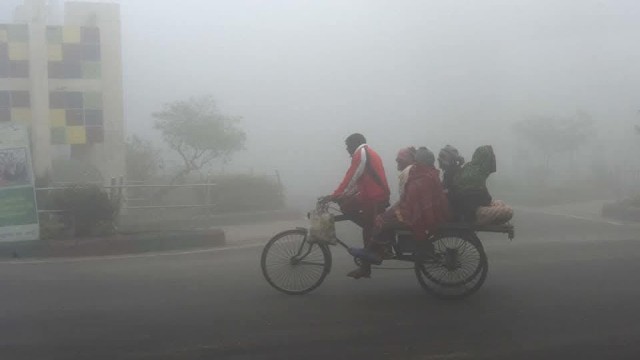
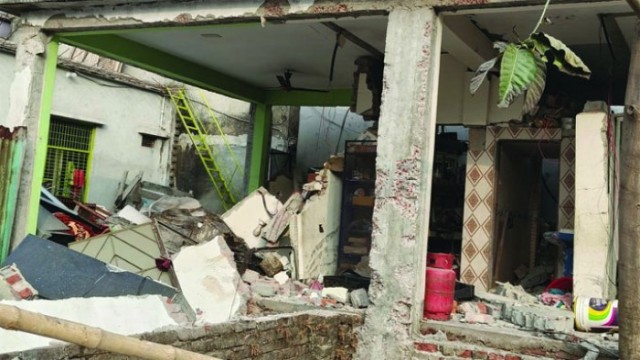
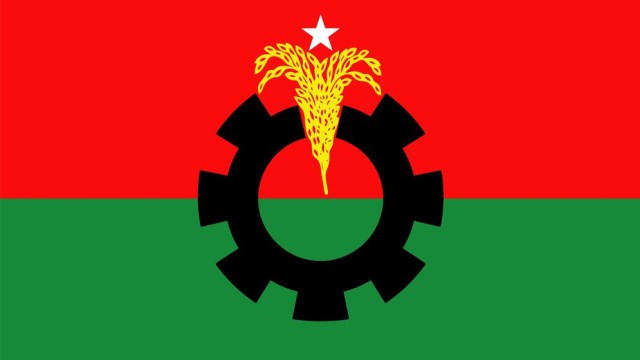

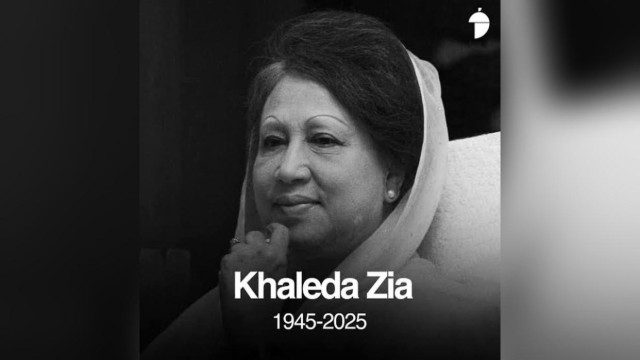
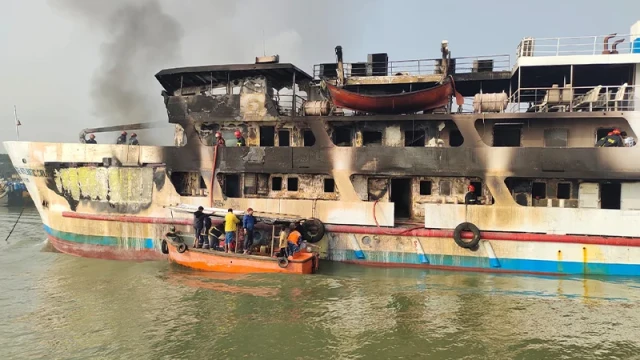

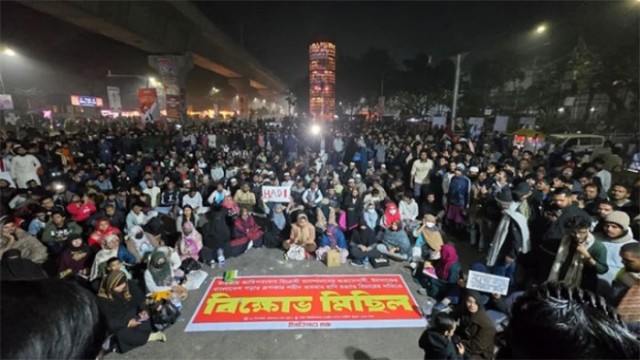
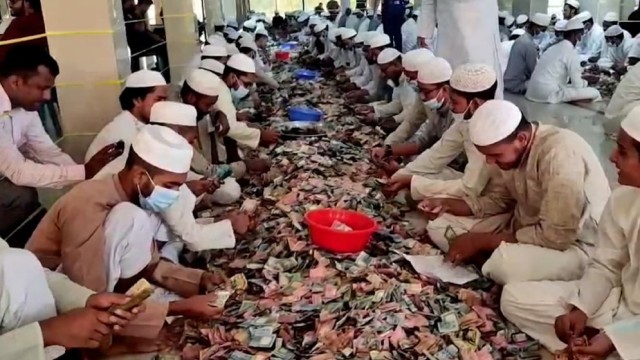

Comment: